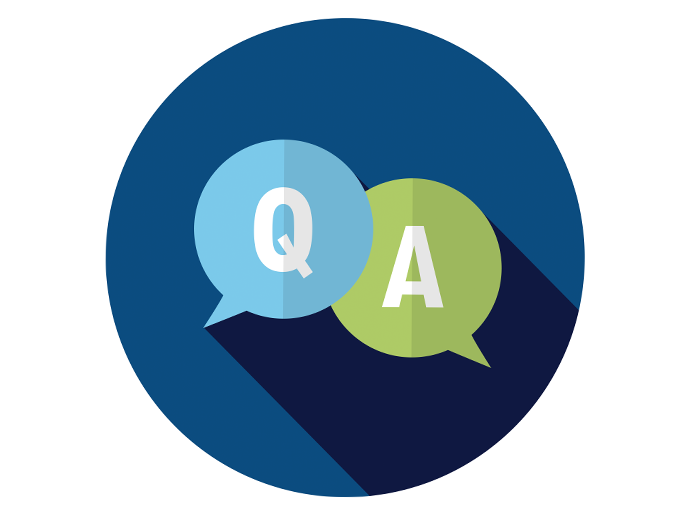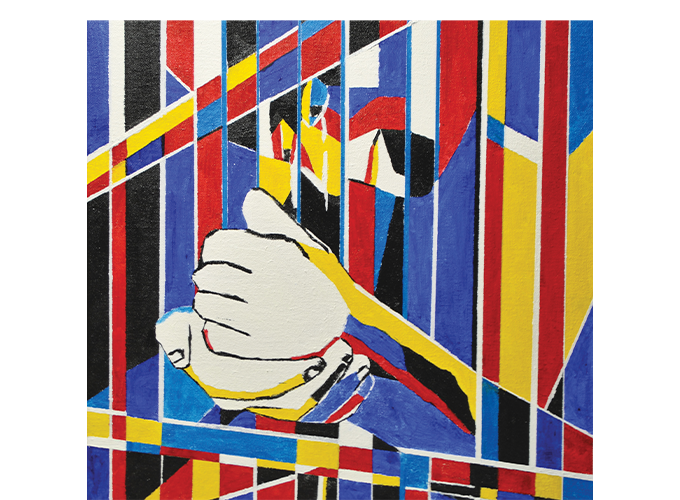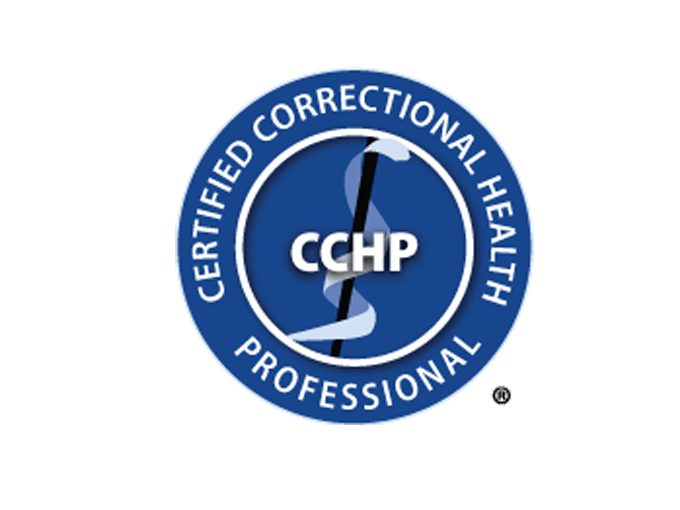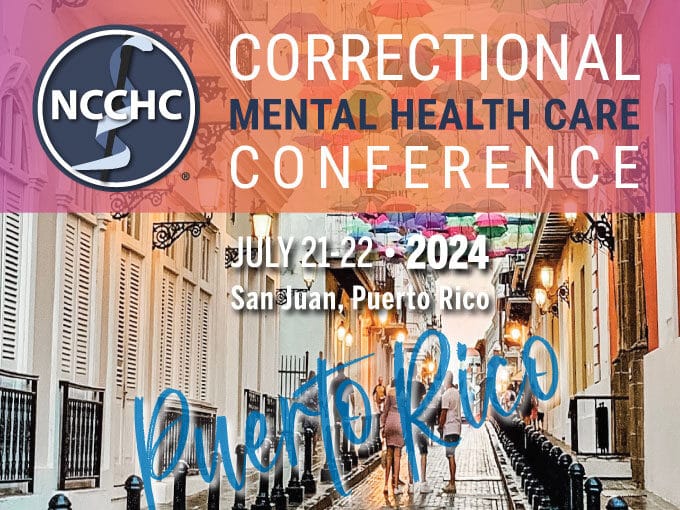
Standards Q&A: 75% Custody Health Training Requirement
Does the 75% requirement refer to all custody staff or only those working during
Home Deaf and Incarcerated, Part 1
 Jun 23, 2022
Jun 23, 2022Authors’ note: The term Deaf, when capitalized, is used to describe individuals who use American Sign Language to communicate and identify as culturally Deaf. The lowercase term, deaf, refers to the medical or audiological designation of hearing loss. While the terms can mean different things in terms of communication and cultural identities, this article will use Deaf throughout for ease in reading. Most of the concepts presented apply to both groups.
Being incarcerated is a difficult, frightening experience for anyone. For individuals who are Deaf, communication barriers can make the experience additionally isolating and distressing.
In the correctional setting, as in most environments, every-thing from fire alarms to subtle social norms operates on the expectation of spoken language. That expectation negatively impacts Deaf individuals who, when incarcerated, are often cut off from human ties; left out of education, treatment groups, and other programs; and potentially misdiagnosed or inadequately treated by health care professionals.
Correctional leadership, custody, and health care staff need to know the Deaf population’s rights, how to support those rights, and special considerations to keep in mind when working with people who are Deaf.
The number of Deaf adults in the correctional system is difficult to specify, as some estimates include individuals who are mildly to moderately hard-of-hearing while others do not. HEARD, an organization that provides support and advocacy to incarcerated Deaf individuals, estimates the number to be in the tens of thousands.
Rights and the ADA
People who are incarcerated have a constitutional right to health care – and those who are Deaf are no exception. The first of NCCHC’s Standards for Health Services in jails, prisons, and juvenile facilities, Standard A-01 Access to Care reiterates that right: “Inmates have access to care for their serious medical, dental, and mental health needs.”
The Rehabilitation Act of 1973 and the Americans with Disabilities Act, which became law in 1990, protect the basic civil rights for disabled people, including those who are Deaf – and those who are incarcerated. ADA law requires that “reasonable accommodations” and “reasonable modifications” be made to ensure equal access to the same services, resources, and information that are provided to hearing individuals.
While in practice the word “reasonable” can be and has been widely interpreted, all incarcerated individuals, regardless of hearing status, are legally entitled to access to correctional programming including health, mental health, and certain other services, depending upon a variety of factors including funding sources.
With some exceptions, American Sign Language is required for effective communication with this population. That means that without qualified sign language interpreters, things like health care encounters, educational and vocational programs, library services, 12-step meetings, anger management classes, religious services, and prerelease programs are all rendered useless.
Depending on the person’s needs, interpretation services may include a team of two or more interpreters: a Registry of Interpreters for the Deaf Certified Interpreter teamed with a Certified Deaf Interpreter. The Registry of Interpreters for the Deaf is the only nationally recognized certification for interpreters. RID provides an independent verification of an interpreter’s knowledge and abilities and protects against unqualified people who claim to be qualified interpreters.
Ideally, the appropriate interpreter or team should be scheduled for all health and mental health appointments. Interpreters also should be present for all meetings, education and occupational programs, and substance abuse assessments and treatment. Arranging for interpretation services is the responsibility of the facility staff, not the individual.
Resources should be adapted so that people who are Deaf can use them, such as visual daily schedules; accessible notifications regarding meals, showers, yard time, and appointments; and closed captioning on televisions.
Suggested Accommodations
M. Elizabeth Bowman, PhD, LCSW-C, is an assistant professor in the social work department at Gallaudet University and works with reentry services in Washington, DC. Jaemi Hagen, MSW, is a social worker and social justice advocate in Washington, DC.
About the artist: Nancy Rourke is an internationally known Deaf artist and activist. In addition to her work as a professional artist, she conducts artist-in-residencies at Deaf schools and promotes De’VIA (Deaf View/Image Art), art that examines and expresses the Deaf experience from a cultural, linguistic, and intersectional point of view. She has taught De’VIA art in Poland, Russia, France, Canada, and the U.S. Three of her paintings hang in the Silesian Museum in Katowice, Poland. Her work was featured in the September 2018 issue of Harper’s Magazine. Ms. Rourke graduated from Rochester Institute of Technology with a Masters of Fine Arts and lives in Loveland, Colo. Learn more at nancyrourke.com.


